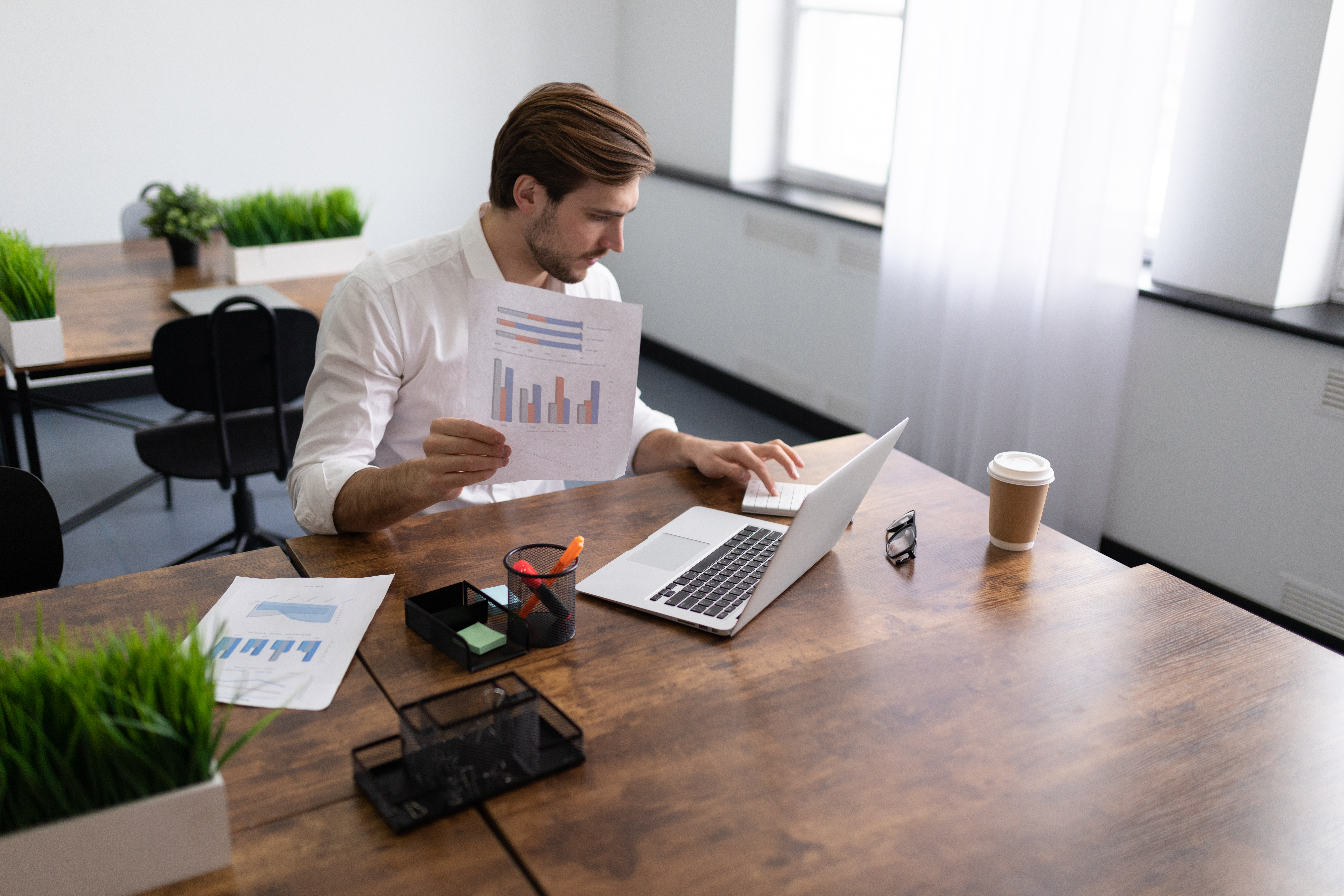Q: A person has a business partnership with a retirement fund (SMSF) where the fund owns some land and the person's company pays for developing it. The person gets an extra 1.5% fee on top of the development costs. The payment happens only after the project is done and the land is sold. The retirement fund will legally own the land. There's a rule saying that when the land is sold, the money will first go to any lenders, then other parties, then cover the costs and fees, and finally to the retirement fund. The question is: Should the retirement fund collect all the sale money and pay the appropriate taxes, while the person sends a bill to the retirement fund for their share?
A: Yes, for tax reasons, all the money from selling the developed land goes to the retirement fund since it's the legal owner. The rule about payment order means the person might need to borrow money or use an overdraft, and then send a bill to the retirement fund for reimbursement. This bill would include GST because it's a service provided as part of the partnership, even if it's related to financial stuff. If there are other unpaid costs, the agreement should have a separate clause for paying those. The retirement fund might pay for these directly or let the person use their bank account.
If you have any questions, feel free to contact Tax Ideas Accountants & Advisers. You can also book an appointment through our live calendar.






